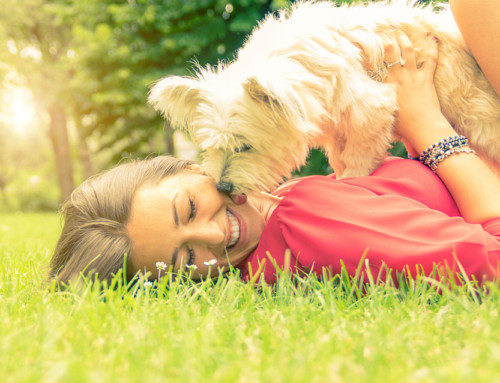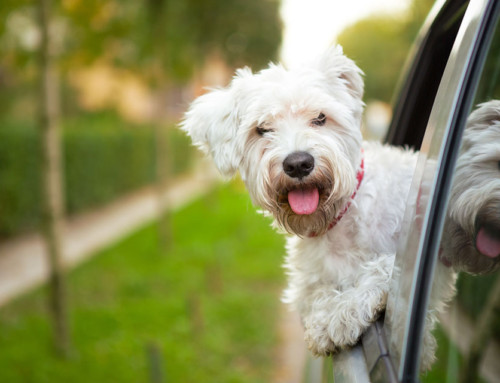Puppies are easy to fall in love with – they’re soft cuddly and love to play. But anyone who has had to raise one also knows they sure are a handful! If you introduce a pup to your house, you’ve got to be willing to make sacrifices:
You can expect things around the house to be chewed up and plenty of doggy doo to be where it shouldn’t be. Your pup will also need constant love, support and care. Here are some tips to ensure your new puppy can transition comfortably into your family:
Pick a breed compatible with your lifestyle.
Are you an active person? Do you have a big yard? Do you have young children? There are hundreds of dog breeds out there and picking a breed that suits your personality and lifestyle will make it easier for you and your dog to bond and live together over the years.
Some breeds like Huskies, German Shepherds or Labradors will need much more exercise, than say a little Chihuahua. Pugs and English Bulldogs suffer respiratory problems because of their face shape, Labradors and Golden Retrievers are more susceptible to obesity and Poodles are more likely to develop certain eye problems – be sure you know all the different genetic health conditions associated with your chosen breed to know what problems your dog might have. See our list of the Top Eight Dog Breeds for a guide.
Start training early.
Why not get into good habits from the get go? You can start training from the time your puppy is just a few weeks old. When training a pup, always use positive reinforcement by congratulating them with a treat and a pat when they do the right thing. This is the way dogs learn best. Alternatively, the RSPCA recommends that you never shout, hit or neglect your puppy as punishment for doing the wrong thing. This is because dogs rarely learn from negative reinforcement and instead, just become fearful of the person who treats them harshly.
Lot’s of vets run Puppy schools – these are a great place for puppies to have some basic training and important socialisation.
Get them correctly socialised.
It’s important for your puppy to meet and get to know other dogs and humans during their early days. Having good interactions with others before six months old is key to the social success of a pup for the rest of their life. Alternatively, a bad experience with a human or another dog could lead your puppy to feel fearful of others for a long time, which could trigger potential trust issues down the track. When it comes to meeting other dogs, always make sure your pup’s playmate has been vaccinated and has a good temperament before introducing them.
Microchip them.
Odds are your pup will get lost a few times in their lifetime – while you may intend to always keep the door shut or the gate locked, accidents do happen! Microchipping is a simple procedure that takes just a few seconds and is safe, according to the RSPCA. It works as a permanent method of identification, which will lead your furry friend right back to you if he or she does accidently get out.
Get pet insurance.
Statistically, the majority of pets will be injured or ill at least once in their pet’s lifetime. This can often be an emergency situation, in which they will need immediate treatment; your dog might have ingested a foreign body, for example, or even need a blood transfusion after a nasty bite from a tick, snake or spider. Pet insurance will cover the costs so you can focus on the important things, like being there for your puppy when he or she needs you.









